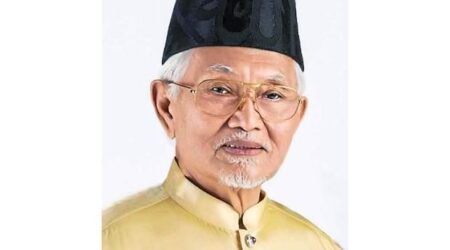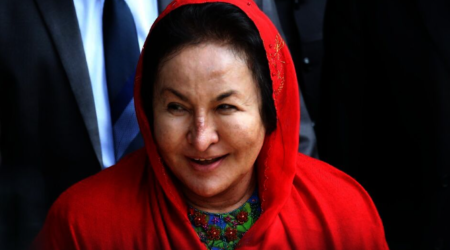More needs to be done to improve Malaysia’s standing, say NGOs about Corruption Perception Index
PETALING JAYA: Malaysia’s ranking on a major world corruption index in 2023 is expected to be weighed down despite the unity government’s intense drive to weed out graft and financial malfeasance, say civil society groups.
One of the main reasons was the negative reaction towards the court’s decision to hand out discharge not amounting to acquittal (DNAA) ruling in a handful of high-profile corruption cases involving politicians.
They said that perceptions would improve once the government completed its separation of the Attorney-General Chambers (AGC) and the Public Prosecutor’s office which would then make law enforcement more independent.
“The current situation shows that MACC is becoming more active in enforcing the laws which is a positive signal,” said Bersih chairman Muhammad Faisal Abdul Aziz.
“But still the public perception is declining due to DNAA decisions on corruption cases involving politicians,” Faisal said when contacted on Sunday (Jan 28).
Malaysia’s latest standing in Transparency International’s Global Corruption Perception Index (CPI) 2023 was expected to be revealed on Tuesday (Jan 30).
Since 2019, Malaysia’s CPI score has declined after a high of 53 that year. The nation scored 51 in the CPI in 2020, 48 in 2021 and 47 in 2022.
Muhammad Faisal said that it was crucial that the AGC stop applying for DNAA in corruption cases, particularly those involving politicians.
He also urged Prime Minister Datuk Seri Anwar Ibrahim to announce a timeline for implementing crucial reforms such as separating the AGC and PP, and enacting a Political Financing Act.
Centre to Combat Corruption and Cronyism (C4) chief executive officer Pushpan Murugiah echoed the need to expedite institutional reforms.
“The Prime Minister has consistently spoken on fighting corruption which may give rise to optimism among the general public and international community.
“However, we feel that promised reforms have been slow to materialise,” he said.
While commending the MACC for going after potentially corrupt officials, Pushpan said that the agency might be tainted by perceptions of political interference and selective prosecution.
“While the Prime Minister has rejected such claims, they will remain until the MACC is reformed to become fully independent,” he added.
Engage chairman Thomas Fann said MACC’s investigations into high-profile individuals would be viewed positively as it showed that the government was committed to fighting corruption regardless of who the perpetrators are or how long ago the offences occurred.
He cautioned that such investigations might be construed as political vengeance as they might be deemed to be limited to his political opponents and not his allies.
“Such perceptions are unavoidable as long as the MACC and AG remain under the absolute control of the PM,” he said.
When contacted, Transparency International Malaysia president Dr Muhammad Mohan remained tight-lipped as to the CPI result but would take into consideration reforms initiated by the government.
“For Malaysia, the Prime Minister has set a target to be in the top 25 by 2033. To do this the country needs to accelerate reforms,” he said.
He acknowledged that Anwar had been driving a very hard message against corruption.
“But because corruption is so systemic even at the middle and lower levels, it will take some time to clean,” he said, adding that there must be a commitment from the civil servants to assist the government in the matter.













Leave a Reply